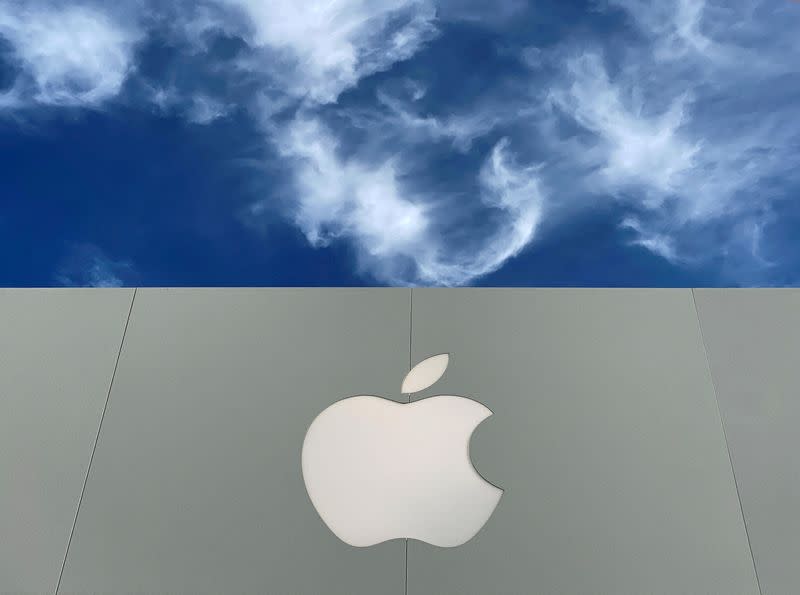Four more states join US monopoly lawsuit against Apple

WASHINGTON (Reuters) -Four more U.S. states on Tuesday joined the Justice Department's lawsuit against Apple Inc alleging the iPhone maker is monopolizing smartphone markets, the department said in a statement.
The four states are Indiana, Massachusetts, Nevada and Washington, the Justice Department said. The original lawsuit was filed in March, and 15 states and the District of Columbia joined the lawsuit at the time.
The lawsuit alleges that Apple uses its market power to get more money from consumers, developers, content creators, artists, publishers, small businesses and merchants. The civil lawsuit accuses Apple of an illegal monopoly on smartphones, maintained by imposing contractual restrictions on, and withholding critical access from, developers.
The Justice Department has previously said Apple charges as much as $1,599 for an iPhone and makes a larger profit than any rival. Officials also said Apple imposes hidden charges on various business partners - from software developers to credit card companies and even rivals such as Alphabet's, Google, in ways that ultimately raise prices for consumers.
Apple has said it plans to ask a federal judge in New Jersey to throw the case out, arguing that it "faces fierce competition from well-established rivals."
A spokesperson for Apple did not immediately reply to a request for comment.
(Reporting by Kanishka Singh in Washington and Jody Godoy in New York; editing by Jonathan Oatis and Leslie Adler)

 Yahoo Finanzas
Yahoo Finanzas 